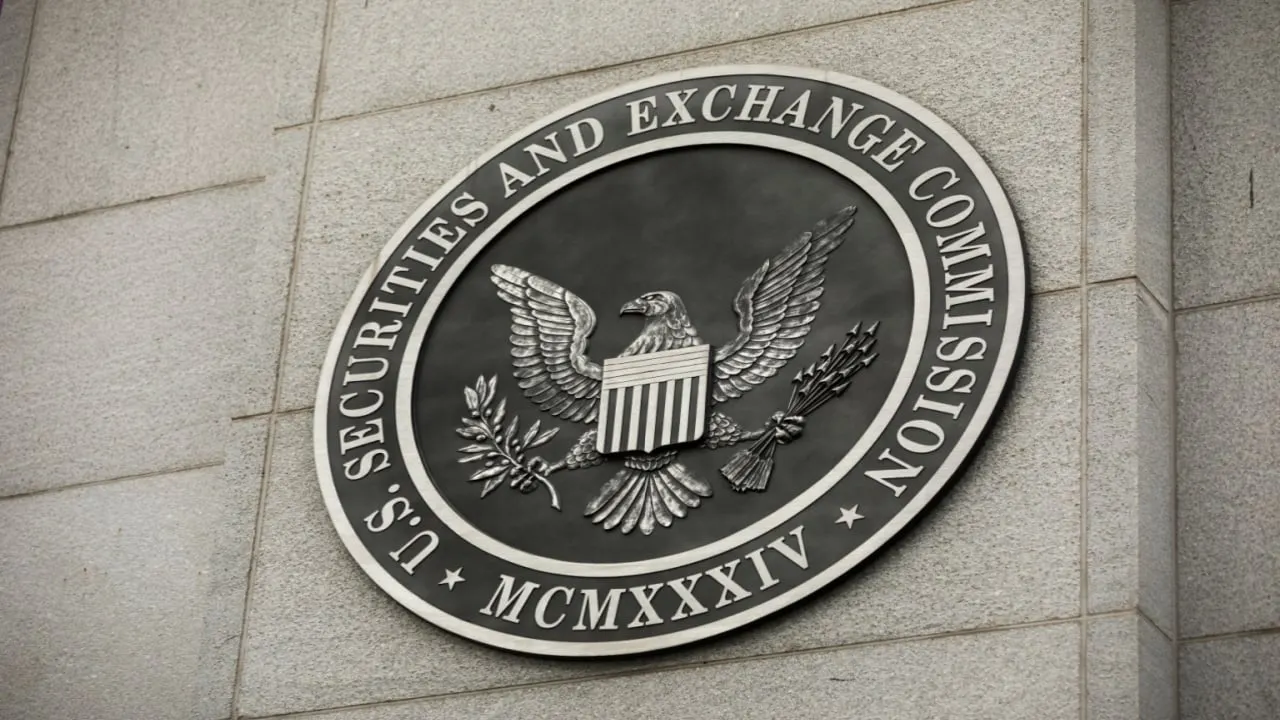The Securities and Exchange Commission (SEC) has been slapped with sanctions by a U.S. district court after one of its numerous enforcement actions against the crypto industry badly backfired.
In an order filed on Monday, Judge Robert J. Shelby accused the SEC of “bad faith conduct” by misleading the court to obtain a temporary restraining order (TRO) against Debt Box following its complaint against the company in July.
The agency’s conduct “constitutes a gross abuse of the power entrusted to it by Congress and substantially undermined the integrity of these proceedings and the judicial process,” the judge wrote.
The court ordered the SEC to cover the attorney and legal fees incurred by Debt Box, which is a crypto firm that offers “node software licenses” to investors to earn them yield through cryptocurrency mining.
“I don't think anyone in the crypto industry is surprised that the SEC was so focused on its own advocacy that it lied to the court in order to bolster its position,” Amanda Tuminelli, Chief Legal Officer at DeFi Education Fund, told Decrypt. “My hope is that any judge with the SEC before them as a litigant will hold them to the highest standards and ensure the SEC supports their allegations with verifiable facts.”
The SEC initially accused the firm of defrauding those investors after allegedly raising $50 million in cash, Bitcoin (BTC), and Ethereum (ETH) and spending the money on luxury vehicles and lavish vacations rather than on actual business.
At the time, the SEC argued against providing Debt Box advance notice of the TRO by asserting that Debt Box executives might flee to the United Arab Emirates (UAE), claiming the firm had already transferred $720,000 overseas.
The Utah District Court initially heeded the agency’s request but dissolved the TRO months later following a countermotion from the defendants, declaring that the restraining order was improvidently issued. Upon reviewing the order, the judge found evidence that the $720,000 referenced by the agency was actually sent within U.S. borders.
This court responded by filing a “show cause order” to the SEC, demanding evidence for the regulator’s initial claims under the threat of sanctions. Instead of providing it, the SEC admitted that its attorneys weren’t “forthcoming” with the court, but filed to dismiss its case altogether without prejudice, claiming sanctions were unnecessary.
Judge Shelby, however, was not so forgiving.
“The court cannot write these issues off as non-willful, inadvertent mistakes,” he wrote. “The Commission’s admission and attempted justification… demonstrates that the Commission’s effort to obtain and defend the ex parte TRO was permeated with bad faith.”
Debt Box called the court's action “a monumental victory” on Twitter.
This landmark case highlights the need for regulatory reform and upholds the importance of integrity in legal proceedings,“ the company wrote. ”The court's decision to order the SEC to cover Debt Box's legal expenses marks a critical stance on transparency and ethical conduct within regulatory bodies.”
The court’s ruling has been celebrated by crypto industry leaders, who have for years accused the SEC of being an overly hostile regulator of the emergent sector.
As noted by Coinbase’s Chief Legal Officer Paul Agrewal, penalties against government agencies like the SEC are ultimately coughed up by taxpayers. Coinbase is embroiled in a high-stakes lawsuit with the regulator, which some believe was tipped in the crypto exchange’s favor following the debt box ruling.
Edited by Ryan Ozawa.
Daily Debrief Newsletter
Start every day with the top news stories right now, plus original features, a podcast, videos and more.

